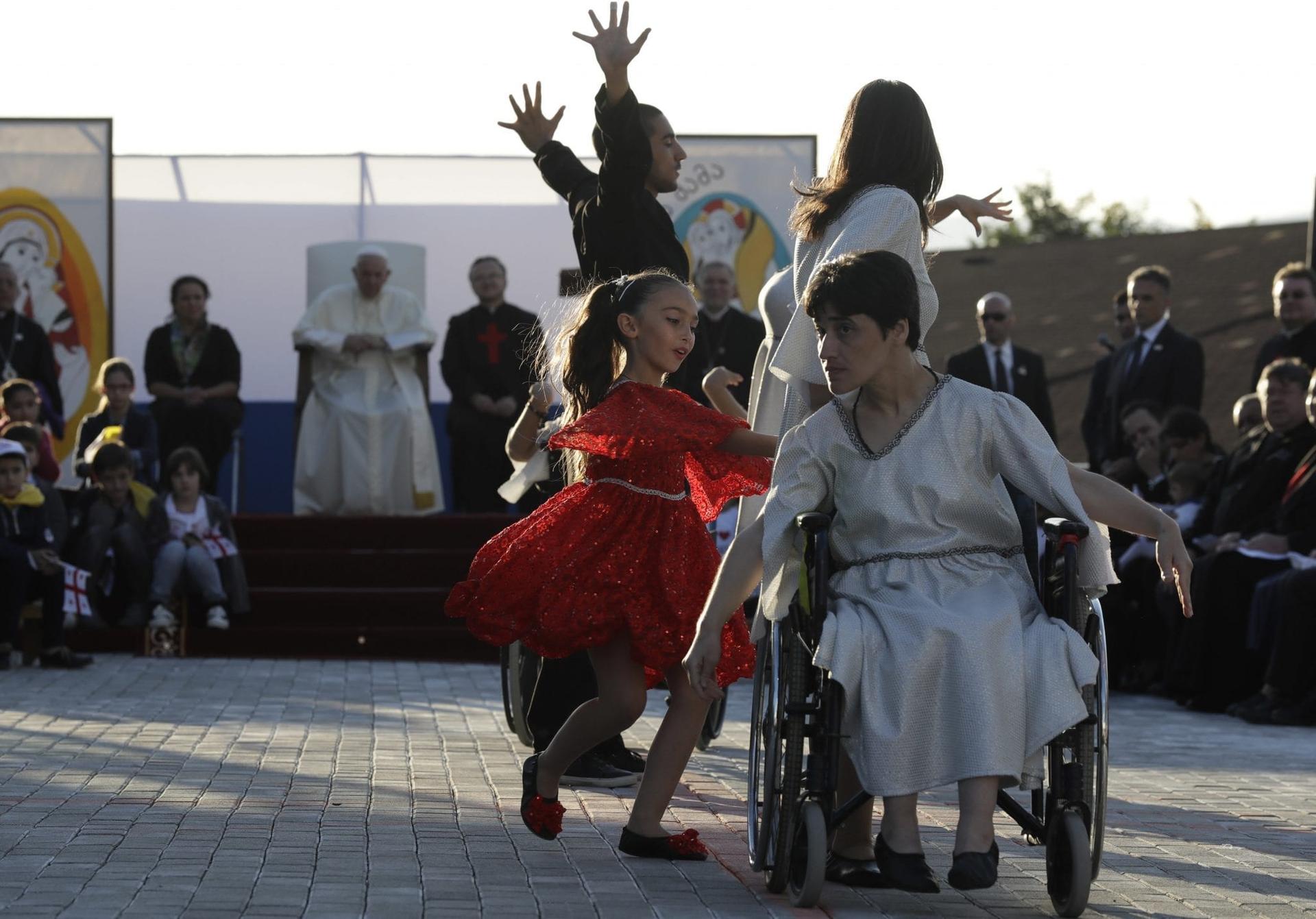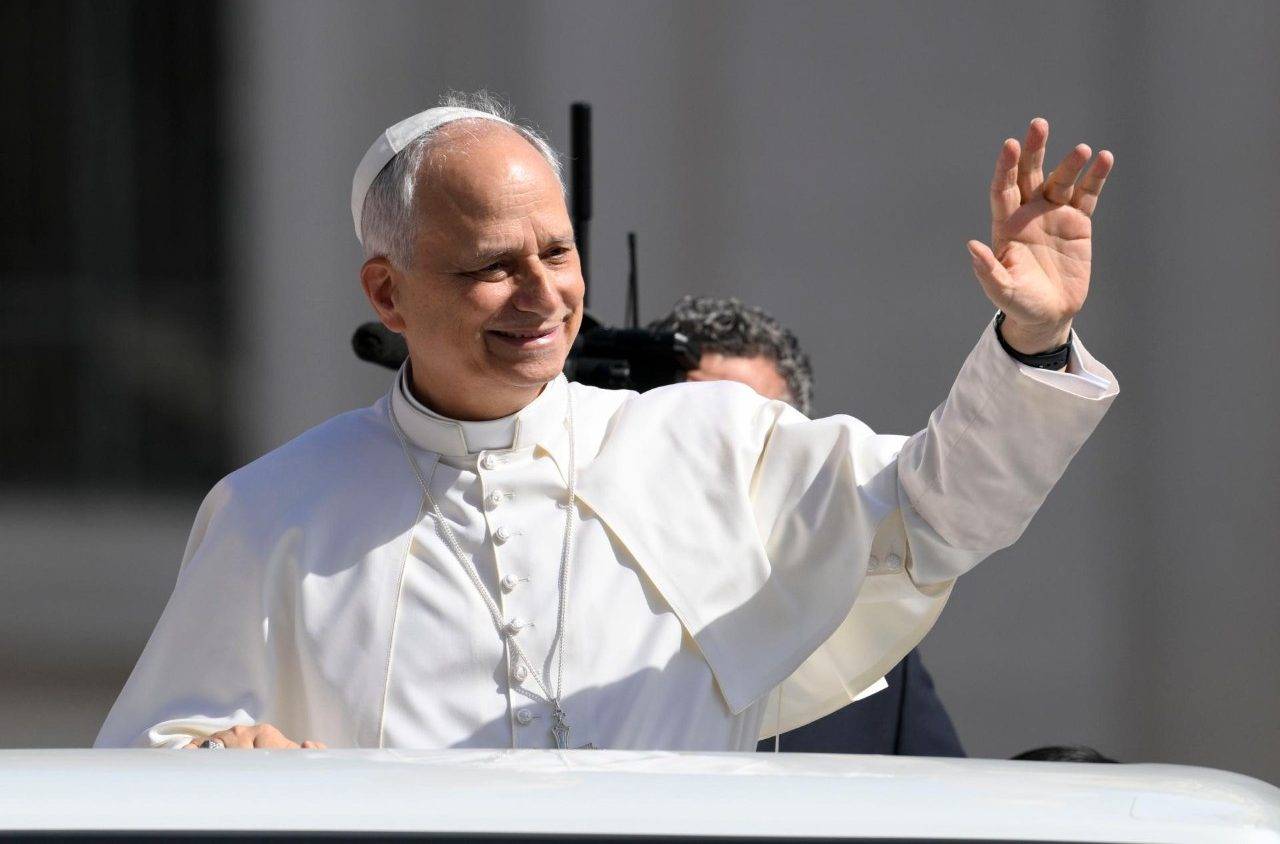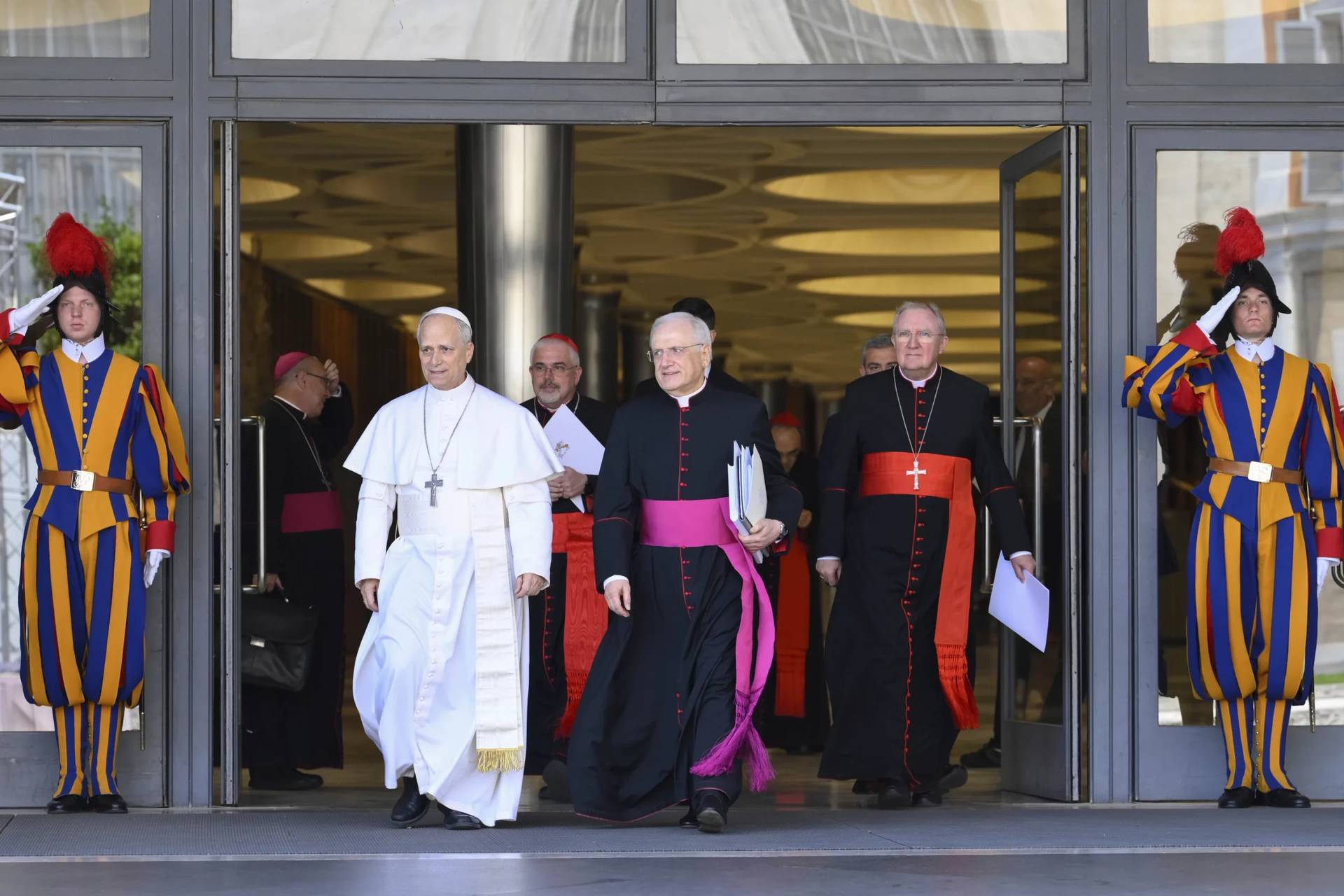Popes tend to be elderly men, taking office at a stage of life when many people are naturally more inclined to look back than forward, which may help explain why each of the past three popes in his own way was fascinated by the theme of memory.
For St. John Paul II, healing of memory was a special passion, obviously shaped by his experience of growing up in the shadow of Auschwitz and experiencing the trauma inflicted on Poland by both the Nazis and the Soviets.
As a proud son of Poland, John Paul II was also fiercely attached to the memories of an entire people – the poets and playwrights, the saints and mystics the great battles and speeches, all the personalities and turning points that supply the raw material of a national culture.
Encouraging people around the world to be as attached to their memories as he was to Poland’s, and then to use those memories as a torque with which to turn a new page in the here and now, was among his special gifts.
For Benedict XVI, memory takes on a different modality. He’s less a son of Germany than of Christendom, in many ways, and the memory he’s most worried about belongs to Europe.
Specifically, Benedict has warned multiple times across the years that a Europe cut off from its past – meaning its Christian identity, yes, but also its philosophical and cultural legacy of reason – is a Europe at risk.
All of which brings us to Pope Francis, who’s spending this weekend once again in the Caucasus visiting Georgia and Azerbaijan after a June outing to Armenia. This is a corner of the world, after all, where memory is ubiquitous, and where perhaps no force has more power either to sustain a people or to drive it over the edge.
As with John Paul and Benedict XVI on their travels, Francis has been encouraging his hosts since his arrival to cherish their “memories as a people,” both as a service to the nation and also as the bulwark of Georgia’s Christian faith.
As Francis put it Saturday evening during a visit to Georgia’s Svietyskhoveli Patriarchal Cathedra, “a people’s fall begins where its memory of the past ends,” quoting the 19th century Georgian poet Ilia Chavchavadze.
Francis dealt at greatest length with the theme of memory at a session with Georgia’s small cluster of Catholic priests, religious, and seminarians on Saturday, along with representatives of laity and youth. Francis had no prepared text for the session but sat carefully listening to the four questions put to him, at stages making notes and underlining passages in their drafts.
The pope then spent more than a half-hour speaking off-the-cuff.
Asked a question by an Armenian Catholic priest who mentioned the importance of treasuring the “memories of the past,” Francis launched into a story from his June trip to Armenia.
“At the end of the Mass, I asked the Catholic bishop to get into the Pope-mobile with me, and he asked the [Orthodox] Apostolic bishop, so the three of us rode around together … it was a nice fruit salad!” he joked.
Francis described getting out of the Pope-mobile at the end and catching site of an elderly woman straining against a barrier to see. The pontiff said he approached to say hello, and the woman told him she had come from Georgia and spent eight hours on the bus to see him – as, all the while, Francis, recalled, an ancient gold tooth sparkled in her mouth.
The next day, Francis said, he was at another event and caught site of the same woman on hand again. He approached and said, ‘You came back?’ and, he said, she replied, ‘Yes because of my faith.’
“Look at the example of this woman,” the pope told his listeners. “She believes Jesus Christ left Peter on earth, and she wanted to see Peter … this humble woman was willing to spend eight hours in a bus to do it.”
“That’s what keeping alive the memory of the past means,” he said. “It’s about passing along a national history, in order to transmit something better to the future.”
In other words, what Francis emphasizes is that the “memory of a people” is never an abstraction – it’s composed of specific memories and experiences lodged in individual, flesh-and-blood people, and thus “keeping alive the past” is in large part about hearing their stories and paying respect to their wisdom.
As he often does at this stage in his improv sessions, Francis emphasized the importance of the elderly, issuing a call on young people to cultivate strong ties with their grandparents, and also stressed the importance of “mothers and grandmothers” as the carriers of both memory and culture.
“A plant without roots doesn’t grow, the pope said. “In the same way, a faith without roots in a mom and grandma doesn’t grow.”
Those personal memories passed on in intimate moments, he said, are the “fresh water of the faith.”
For Francis, in other words, the preservation of memory is a duty, yes, and it has to do in part with great cultural figures and moments, as well as the last insights developed in a particular intellectual, artistic and literary tradition.
He’d likely concede that if you want to encounter the “memory of a people,” one way to do it is by going to the library, or taking in an opera, or wandering around the streets of major cities pondering their statuary.
Left to his own devices, however, Francis would probably be inclined to seek the memory of the Georgian people in the individual Georgians he meets — including, as it turns out, a simple octogenarian Georgian with a gold tooth and a rock-solid determination to see the pope.

















